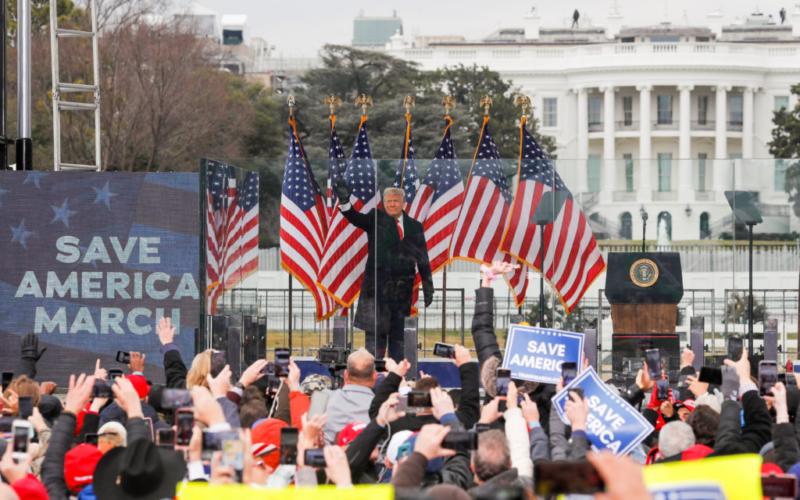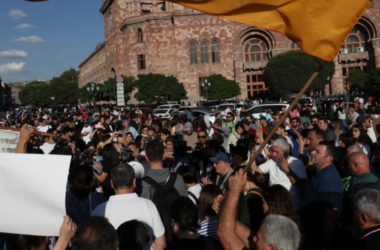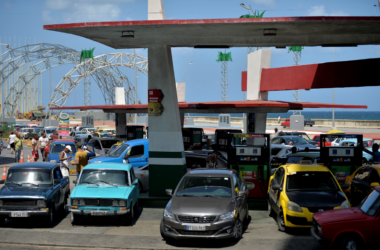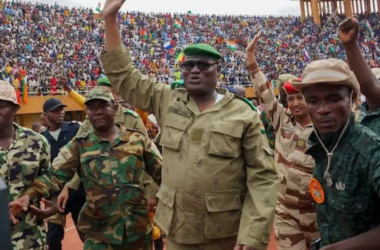The recent Supreme Court decision in Trump v. United States has sparked significant debate over the scope of presidential immunity and its potential impact on American governance. The ruling, which addresses whether former President Donald Trump can face prosecution for actions taken while in office, has far-reaching implications for future presidents and the balance of power between the executive branch and the judicial system.
In a landmark decision issued yesterday, the Supreme Court held that presidents are presumed to be shielded from prosecution for official acts conducted during their tenure. This includes decisions related to policy changes, military actions, and consultations with administration officials. However, the court clarified that actions taken purely in a personal capacity, such as those solely as a political candidate, do not enjoy such immunity.
Chief Justice John Roberts, delivering the majority opinion, emphasized the necessity of protecting presidents from potential legal retribution that could hinder their ability to execute their duties in the public interest. “A president inclined to take one course of action based on the public interest may instead opt for another, apprehensive that criminal penalties may befall him upon his departure from office,” Roberts wrote.
The practical consequence of the ruling is a delay in Trump’s criminal trial related to alleged interference in the 2020 election, potentially pushing its resolution beyond the upcoming November elections. Legal analysts suggest this delay could provide Trump with an advantage, allowing him to leverage his candidacy to forestall legal proceedings.
Critics argue that the decision extends unprecedented legal protections to presidents, potentially enabling future occupants of the White House to act with impunity in certain circumstances. Justice Sonia Sotomayor, in her dissent, warned that the ruling could empower presidents to engage in actions previously considered unlawful without fear of legal consequences.
“While the decision affirms that presidents are not above the law, it significantly limits the circumstances under which they can be prosecuted,” said legal scholar Claire Finkelstein. “This raises concerns about accountability and the potential for abuse of power.”
The ruling also has implications beyond Trump’s specific legal challenges. It establishes a precedent that could shape the boundaries of presidential authority for years to come, influencing how future presidents navigate their roles and responsibilities in relation to the law.
Despite the broad protections affirmed by the Supreme Court, presidents remain subject to electoral accountability and the possibility of impeachment by Congress. However, the decision underscores the unique legal position held by the president, distinguishing their immunity from that of any other public official in the United States.
As legal experts and political analysts continue to dissect the implications of this decision, the debate over presidential immunity and its ramifications for the separation of powers within the US government is likely to persist, shaping public discourse and future legal challenges.








